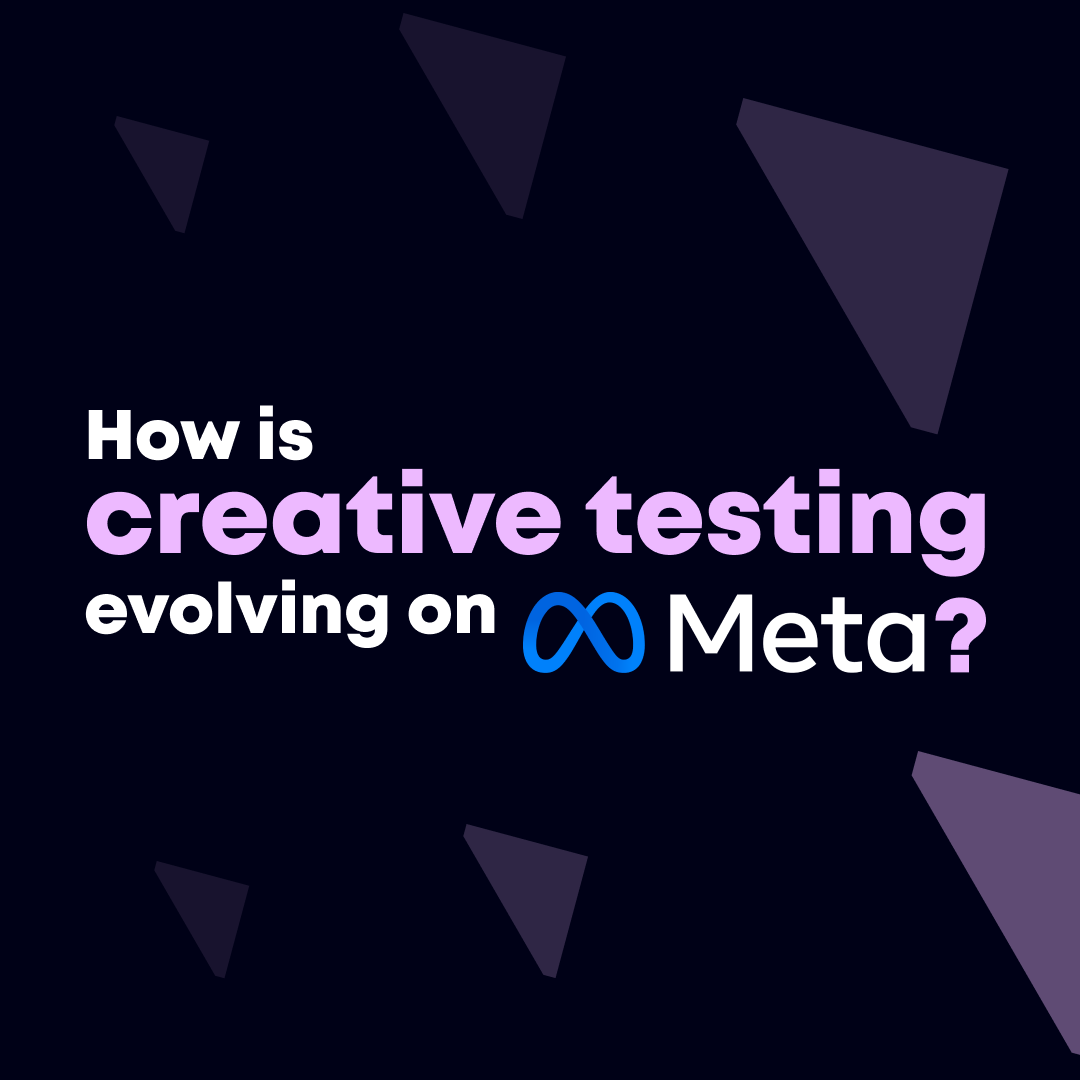ChatGPT is all the rage right now. It’s the ‘crypto’ of 2023.
A lot of people are desperate to use it to gain an advantage in their field, whilst others are concerned that it’s going to take their jobs…
What concerns me is that some people are fundamentally misunderstanding what ChatGPT is, with some suggesting that it can actually analyse data and present you with insights, which it can’t.
We’re lucky enough to have Joe on our team who did a master’s degree in Data Science and Analytics, so he knows a thing or two about machine learning models.
We asked him what ChatGPT actually is and how it works. This is what he had to say.
”Large Language Models (read: ChatGPT) are generative (they create) models (abstract description of a system, in this case the written language) of the distribution of words/characters/other that have been scraped by the researchers who created the models which the bot is based on. When you ask ChatGPT a question it doesn’t “think” about a response, it generates a string of words which might follow that is statistically based on the huge collection of human text it’s been trained on.
What this means is that when you ask it a question like “Analyse the data in these cells” it will give you a response that makes sense, and it might even be accurate, but what the robot hasn’t done at any point is examine at the data and actually plot trends, correlations, etc.
If you asked the question again you might get the complete opposite analysis. Again, this won’t be based on the data at all but rather the words it thinks are likely to follow when similar questions have appeared before.
You can test this yourself by asking ChatGPT to source a paper on a topic of your choosing using Harvard referencing style. It’ll likely spit out something which reads well and on the surface makes sense. It’ll also use the referencing style perfectly. The issue is if you try and look up any of the papers referenced they will not exist, except through the slim probability chance.
LLMs are going to go crazy for sure but you should really try to keep in mind exactly what they are and what they are capable of. If someone came to me and said they generated some analysis of their data I’d just laugh. It’s a complete misunderstanding of the technology and an attempt to shortcut that will leave you with egg on your face sooner rather than later.”
TL;DR: Understand ChatGPT’s limitations before you get on the hype. It’s good at saying things that make sense, but what it says is the most likely string of text to follow the question.
Copywriters and data analysts, I think you’re safe for a while yet…



